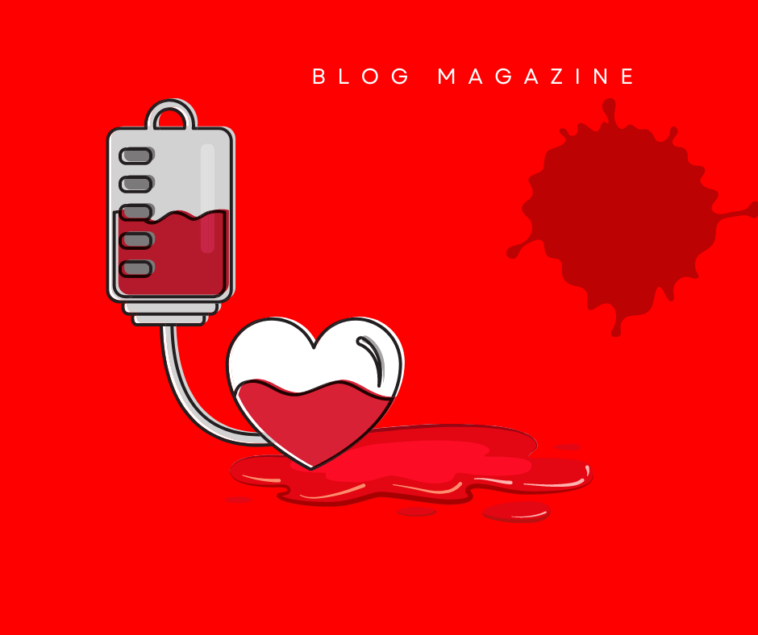Heart disease might be less of a concern for those with type O blood than those with type A or B.
Knowing your blood type is imperative.
Unless we have donated blood or received transfusions, or discovered we were pregnant, most of us do not think twice about life-threatening conditions. Your blood groupings are classified every second of every day according to their minor differences into A+, A-, B+, B-, O-, O+, AB+ and AB- depending on the minor differences between these groups.
A person’s blood type can contribute significantly to heart disease risk, according to research. Certain people stave off cardiovascular problems due to invisible differences in the blood, while others may be more susceptible.
Do blood types differ in any way? Can you tell me what blood type I am?
Our blood cells are programmed with ABO genes to produce different blood groups. Each letter of the alphabet represents a different type of ABO gene. Your red blood cells are programmed to evolve A and B antigens when you have type AB blood, for example. If you have type O blood, no antibodies are produced.
Proteins on the red blood cells determine whether blood is positive or negative. Those with Rh-positive blood have proteins in their blood.
Since type O- blood does not contain antigens or proteins, it can be used as universal blood in an emergency since anybody can use it.
Health is affected by blood type in what ways? Scientists do not fully understand how diversity developed, but past infections and the ancestry of someone may have contributed to the diversity, according to Dr Douglas Guggenheim of Penn Medicine, an expert on haematology. Those with type O blood may be more susceptible to cholera, while those with type A or B blood may have clotting problems. While our blood cannot keep up with all the biological and viral threats out there, it may still reflect past events.
According to the Heart Association, people with type A, type B, and type AB blood are more likely to suffer from heart attacks or heart failure than people with type O blood.
There is only a minor increase in risk (according to one large study types A and B had a combined 8% higher risk of heart attack and 10% higher risk of heart failure) but the difference in blood clotting rates is significantly higher, study participants with type A or B blood were 51% more likely to develop deep vein thrombosis and 47% more likely to develop pulmonary embembolism, Blood clotting disorders associated with an increased risk of heart failure.
Types of blood and their consequences
While people with type O blood are less likely to suffer from heart disease and blood clotting, they are more prone to hemorrhaging or bleeding disorders. According to a study on postpartum blood loss, women with type O blood may be at an increased risk of blood loss after childbirth.
Those with type O blood may also be more likely to suffer blood loss after a traumatic injury, according to one study and other research
There is evidence that people with type AB blood are at higher risk of cognitive impairment than those with type O blood. Impaired cognitive functioning includes memory issues, difficulty focusing, and difficulty making decisions.
In light of my blood type, should I alter my lifestyle?
While studies show that blood type can alter risk of heart disease, factors such as diet, exercise, and even the level of pollution in your neighbourhood play a big role.
The researcher says that, regardless of a person’s blood type, a good heart healthy diet that lowers inflammation is the best recommendation for patients trying to keep their hearts healthy.
It may be possible to treat patients more definitively based on their blood type in the future through research. Considering all factors equally, a person with healthy cholesterol levels and type A blood might benefit from taking aspirin every day, while someone with type O blood might not need it.
Every physician is going to recommend a healthy diet that is balanced, including a heart-healthy diet,
For Further Info – Please Join Us @ Blogmagazine.co.uk, a free guest posting website targeting your content worldwide.




